
How to find a homeschool science curriculum
Some parents think that science is an intimidating subject to teach their children. However, a good homeschool science curriculum can be the perfect tool to put these fears to rest. Selecting the right science program can help ensure a great learning experience for you and your students.
Time4Learning’s science curriculum makes it fun and easy for families to teach science at home. Thousands of families around the country have rated us as a trusted and thorough online science program for students from PreK-12th grade.
Some of the questions you should ask yourself when selecting your ideal science curriculum include:
- Does the program offer ideas for hands-on science activities?
- Does it rely heavily on textbooks/workbooks or is it a computer-based science curriculum?
- Is the science content age-appropriate?
- Does it contain visually-engaging content?
- Does the curriculum worldview match yours?
- Does it match your student’s learning style?
- Is it suitable for independent study?
- Does it include tests or other assessments?
Why is science important?
Science is important because it is all around us and influences many aspects of our daily lives. Advances in medicine, technology and numerous other fields could not be possible without science. If it weren’t for science, we wouldn’t have many of the products we use today, life-saving medicine and equipment, and so much more.
Being scientifically literate allows students to understand the complex world we live in, and also allows them to think critically. In addition, becoming familiar with the scientific method early on can help students develop skills that allow them to become better learners in a number of other subjects. These skills include asking the right questions, doing research, analyzing information, and more.
In the last few years, careers in technology have been in high demand, and that is likely to continue over the years, so having a solid science education can be highly beneficial for a student looking to work in the field.
What do you learn in science?
Science is perhaps the main subject that satisfies the natural curiosity we are all born with. And without it, we wouldn’t be a modern world at all. Science allows students to learn about an enormous amount of topics including health, environment, technology, space, biology and more. To accomplish this, a well-rounded science curriculum should include lessons that, at a minimum, teach students about:
- The scientific investigation process
- The various tools used to collect and analyze data
- How to make educated predictions and work collaboratively
- Living things, what they need to survive, and their habitat
- Earth’s history and structure
- Weather and the water cycle
- The human body and its systems
- The solar system and universe
- Elements, molecules and chemical reactions
- Various types of organisms and their structure
- The different branches of science
Science curriculum overview
Science is exciting, dynamic, and unpredictable. It is an on-going process often raising new questions. To ensure this excitement is passed on to students learning about science, a good homeschool science program must be more than just a presentation of facts. With Time4Learning science is taught using a combination of animated lessons, engaging activities, worksheets, quizzes and tests.
Students also have the opportunity to enhance their learning with tons of ideas for hands-on projects and experiments. They’ll also learn to draw the connections between living things and their ecosystems, expand their knowledge of the universe and so much more. The right science program will motivate students to:
- Ask questions and develop scientific thinking
- Build crucial STEM skills
- Conduct research and test ideas
- Develop observation skills and draw conclusions
- Analyze data and present information
Related Posts
-
Homeschool research: Compare Time4Learning to other curricula
Shopping for homeschool curricula can be an exciting experience. Whether you’re looking for a core curriculum, a supp...
-
Time4Learning and Sonlight® Comparison
If you’ve been reading Sonlight® homeschool reviews as well as reviews about Time4Learning but want more insight abou...
-
Sonlight®: How Do I Use It With Time4Learning?
Sometimes, after you are done exploring the pros and cons of two different curriculums, you’ll find that there are ...
-
Time4Learning vs Sonlight®: Pricing
While trying to find the best curriculum fit for your children’s education, curriculum cost is one of the key thing...
-
Time4Learning vs Sonlight®: Curriculum Features
Finding the proper features and benefits a curriculum offers is paramount when deciding which program you’ll invest...
-
Time4Learning vs Sonlight®: Pros and Cons
Before spending your hard-earned money on any curriculum, you should fully understand their pros and cons. As for t...
-
Time4Learning vs Power Homeschool®: Overview
Homeschooling families have so many options for curriculum. What they don’t always have is the information that helps...
-
Can I Use Time4Learning with Power Homeschool®?
It’s possible that you have been comparing Power Homeschool® and Time4Learning curricula and have found aspects of ...
-
Time4Learning vs Power Homeschool®: Pricing
Cost is one of the chief factors that families consider when choosing homeschool curricula. The average cost of hom...
-
Time4Learning vs Power Homeschool®: Curriculum Features
There is no “best homeschool curriculum,” but there is definitely a best option for your particular student. Aside ...
-
Time4Learning vs Power Homeschool®: Pros and Cons
When searching for the best homeschool curriculum for your family, you need to know both the positives and negatives ...
-
Time4Learning and IXL® Comparison
Determining which is the best homeschooling curriculum for your child takes time. Doing research, reading reviews, an...
-
How Do I Use IXL With Time4Learning?
Maybe you’ve explored the different features and pros and cons of both Time4Learning and IXL®, but there are facets...
-
Time4Learning vs IXL® Membership Costs
Whether you’re just starting to homeschool or in the market for a new curriculum, cost is usually high on your pri...
-
Time4Learning and IXL® Curriculum Features
When narrowing down homeschooling curriculum options, most families find it helpful to compare programs in order to f...
-
IXL® Curriculum Pros and Cons
Once you’ve read about the program features and costs associated with athe IXL® curriculum, you should get to know th...
-
Time4Learning vs Calvert®: Overview
Have you been reading Time4Learning and Calvert® homeschool reviews, but still feel unsure about the differences betw...
-
How Do I Use Calvert® With Time4Learning?
Perhaps you have examined the different features and pros and cons of both Time4Learning and Calvert®, but have com...
-
Time4Learning vs Calvert®: Pricing
Many homeschoolers who are on a strict budget often look at homeschool curricula cost before they research anything...
-
Time4Learning vs Calvert®: Features
When researching the different homeschool curriculum options, you’ll likely be focusing on the ones that best suit ...
-
Time4Learning vs Calvert®: Pros and Cons
The key to choosing a homeschool curriculum is finding the one – or mix of curricula – that will provide your uniqu...
-
Time4Learning vs. Easy Peasy All-in-One Homeschool
Founded in 2004, Time4Learning is an award-winning, interactive PreK-12 online learning program that teaches math, ...
-
Time4Learning and Abeka® Comparison
Have you been reading Time4Learning reviews and Abeka® Academy reviews, and still feel unsure about the differences b...
-
Abeka® Curriculum Pros and Cons
When you are searching for the best homeschool curriculum for your family, you need to know both the positives and th...
-
Time4Learning and Abeka® Curriculum Features
When you are researching the top homeschool curriculum options, you’ll likely be comparing them closely to find out w...
-
Time4Learning and Abeka® Homeschool Costs
No matter how great a homeschool curriculum program is, if it doesn’t fit into your family’s budget, it’s not the rig...
-
K12 vs. Time4Learning Comparison
Considering using K12*? Many parents new to homeschooling find that one of the most difficult choices they make is se...
-
Time4Learning and ABCmouse® Comparison
Are you curious about the differences between Time4Learning and ABCmouse.com® Early Learning Academy? If you’ve been ...
-
How Do I Use ABCmouse® with Time4Learning?
Maybe you’ve explored the different features and pros and cons of both Time4Learning and ABCmouse.com® Early Learning...
-
Time4Learning and ABCmouse® Homeschool Costs
When you are deciding on curriculum, one of the most important considerations for families is usually the cost. The a...
-
Time4Learning vs ABCmouse® Features
When you are trying to decide which is the best homeschool curriculum for your individual student(s), you’ll probably...
-
Time4Learning vs ABCmouse®: Pros and Cons
Before making any final decisions about the homeschool curriculum you want to use, you need to know both the pluses a...
-
Do homeschoolers get high school diplomas or transcripts?
Homeschooling through the high school years may seem daunting, but it is completely doable and perhaps far easier tha...
-
How to create a homeschool portfolio
Creating a homeschool portfolio is an important way to track your child’s progress and showcase their learning achiev...
-
Homeschool classroom ideas: How to set up your learning space
It’s time to start your new homeschool year! How exciting! But where will you do school work? Do you have a room sitt...
-
Do I need an accredited homeschool program?
Is my homeschool curriculum accredited? Is it legit? Is it approved? Is it enough? You can ask this question in so ma...
-
Homeschooling myths: lack of socialization
What about socialization? How do homeschoolers socialize? To be honest, this is one of those questions that most home...
-
Why is summer a great time to begin homeschooling?
Perhaps your children are attending a traditional school, and you have determined that you will transition to homesch...
-
What to do if your homeschool program isn't working
Envision this scenario: You’ve passed the halfway point of the homeschool year and frustrations abound. Your kids are...
-
Yes, you can start homeschooling at anytime!
You may have been considering homeschooling for a while or perhaps you are just starting to look into this option. Th...
-
Steps to plan and start your homeschool year
Whether you’re starting homeschooling in the middle of the year, during the summer, or are an experienced homeschool-...
-
Reading Goals for Students
Beginning with the end in mind will help you set expectations, measure progress, and create opportunities to celebrat...
-
Science goals for students
The purpose of science education is for students to understand and interpret the natural systems of the world around ...
-
How to Set SMART and Practical Homeschool Student Goals
Whether it is required by your state or not, homeschool goal-setting is simply good educational practice. In essence,...
-
Math goals for students
As you start to think about setting math goals for students, remember that SMART goals are specific, measurable, achi...
FAQs
A Time4Learning membership includes the subjects specified below and more!
- Fun, flexible, award-winning PreK-12 curriculum presented in a secure, ad-free online environment
- 4 core subjects for Grades K-5 and Time4MathFacts. Grades 6-12 receive 4 core subjects and 3 electives of their choice.
- Access to multiple grades and course levels so you can customize the curriculum to your student’s skill level with unlimited changes
- An interactive activity planner to help parents plan their homeschool lessons
- Automated grading and reporting tools that save you time
- Convenient answer keys that accompany tests, quizzes, and worksheets are available to parents both online and in print
- Free access to Time4MathFacts, a math skill-building program designed for students in grades 2 to 4
Our curriculum aligns to national standards, but each state has its own requirements. Parents who homeschool their children should become familiar with what you are expected to teach, what they are expected to learn, and what they will be tested on in your state.
Absolutely! Lessons can be accessed anytime, making it easy to fit education into your family’s unique schedule.
Absolutely! Time4Learning lets you customize your child’s learning path. If your child excels in math but needs to review certain concepts in language arts, you can adjust grade levels for each subject to match their needs.
Lessons that grow with them
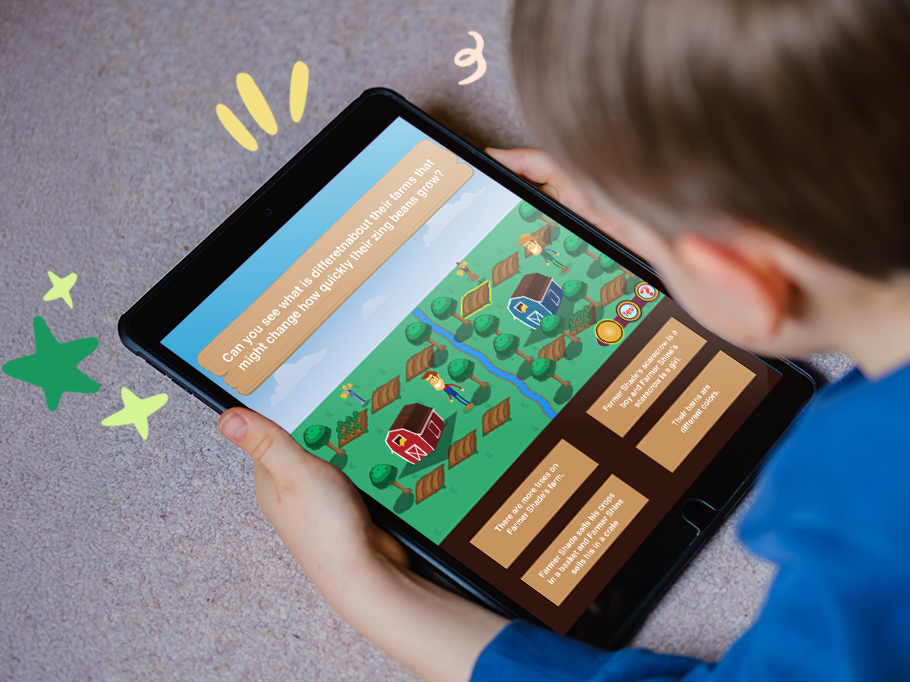
Preschool Curriculum
$39.95 / Month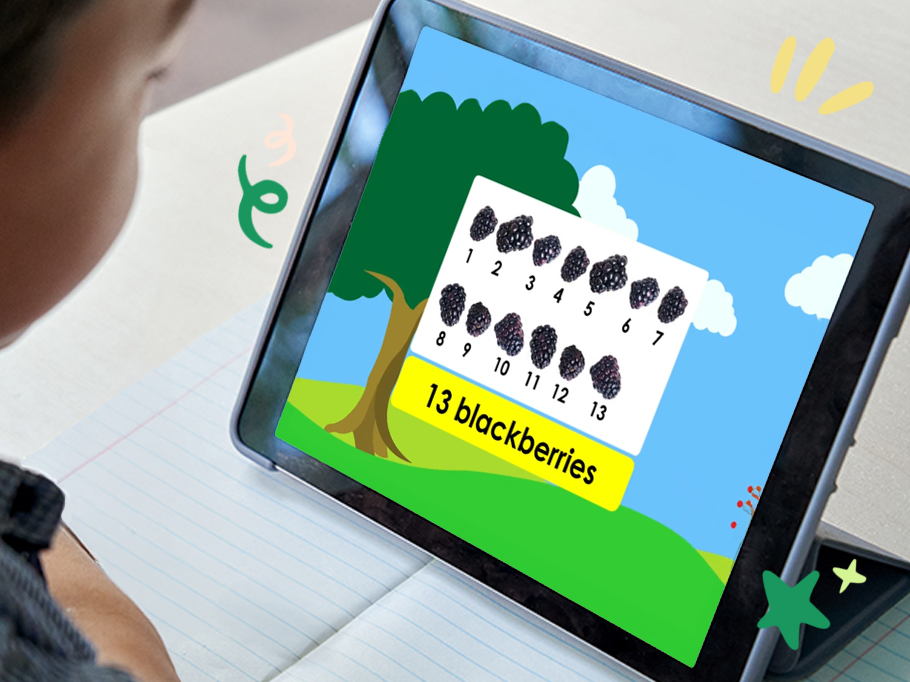
Kindergarten Curriculum
$39.95 / Month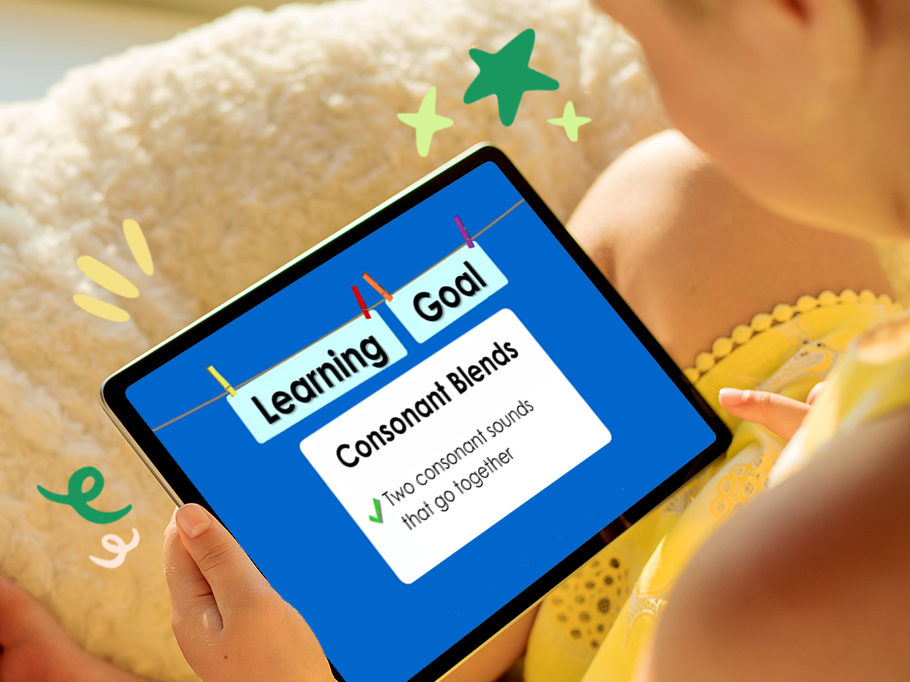
First Grade Curriculum
$39.95 / Month
Second Grade Curriculum
$39.95 / Month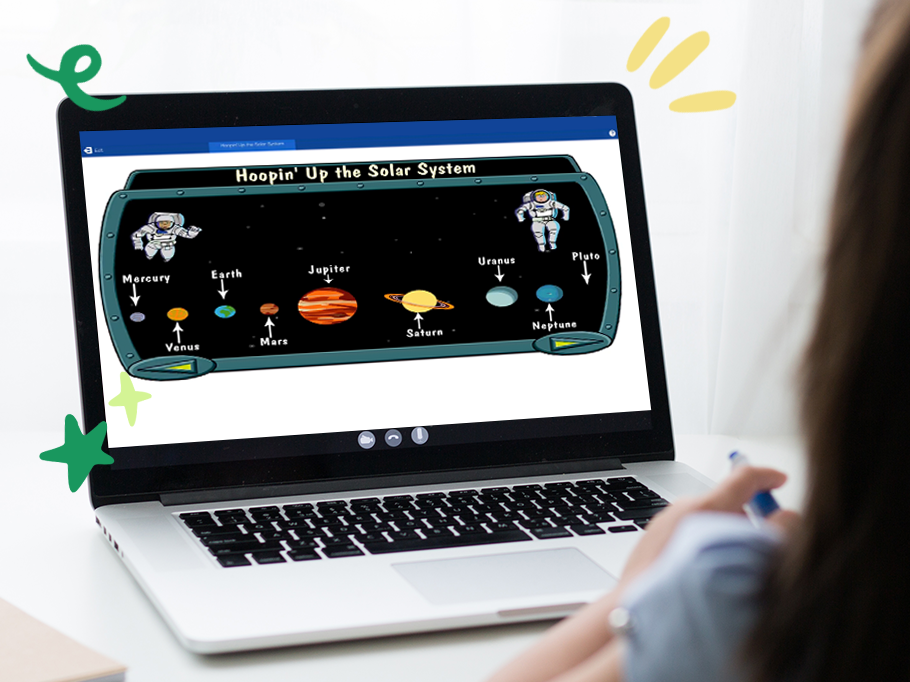
Third Grade Curriculum
$39.95 / Month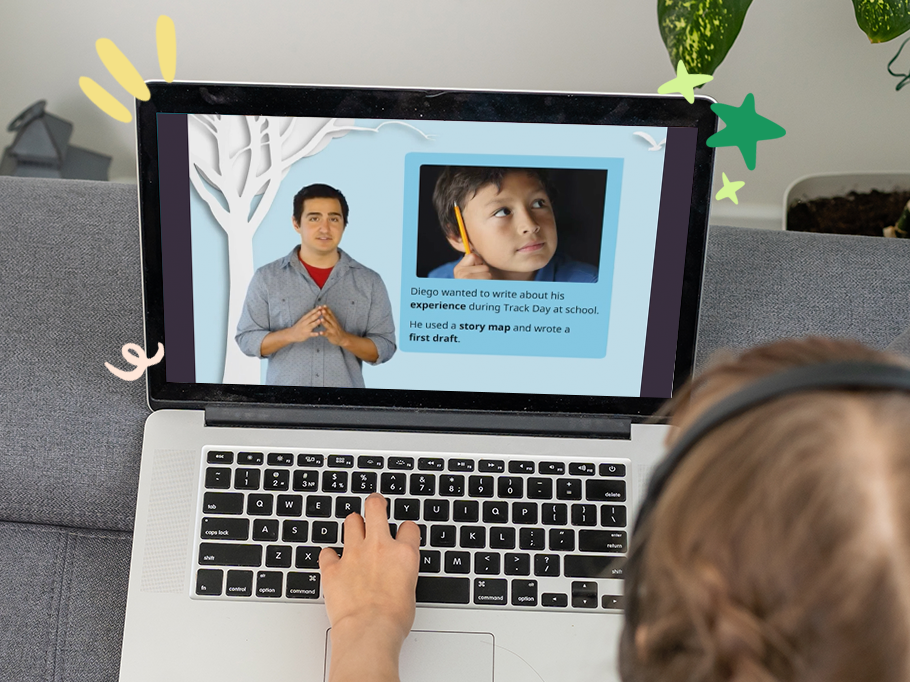
Fourth Grade Curriculum
$39.95 / Month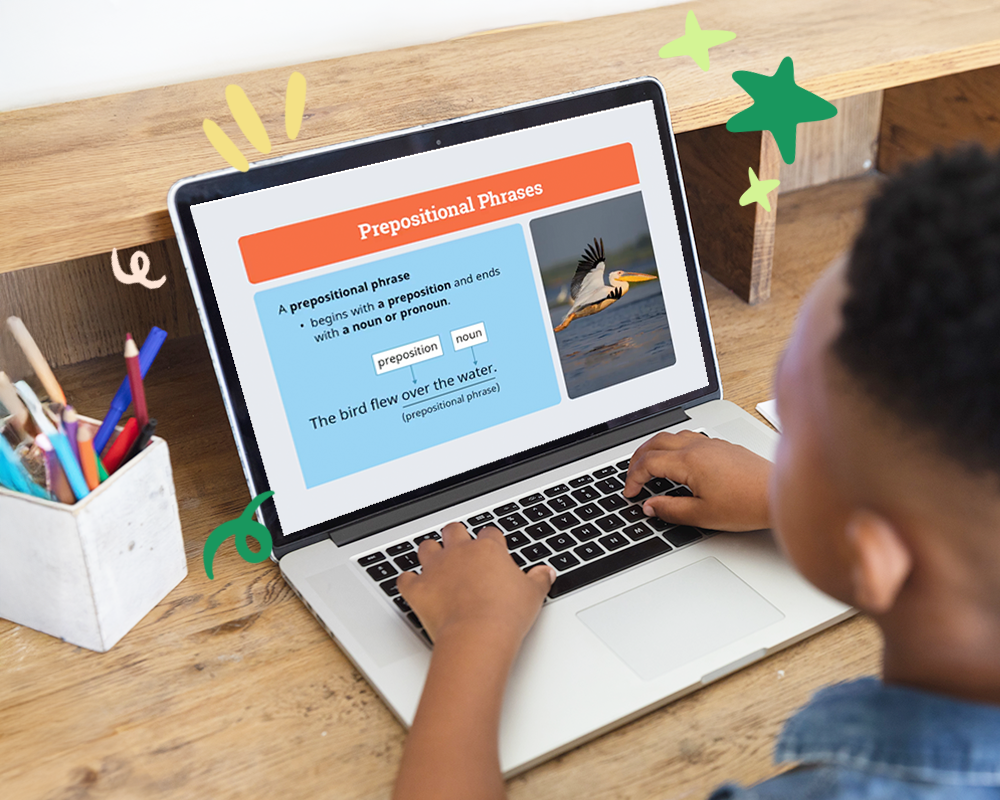
Fifth Grade Curriculum
$39.95 / Month
Sixth Grade Curriculum
$39.95 / Month
Seventh Grade Curriculum
$39.95 / Month
Eighth Grade Curriculum
$39.95 / Month
Ninth Grade Curriculum
$39.95 / Month
Tenth Grade Curriculum
$39.95 / Month
Eleventh Grade Curriculum
$39.95 / Month
Twelfth Grade Curriculum
$39.95 / Month


